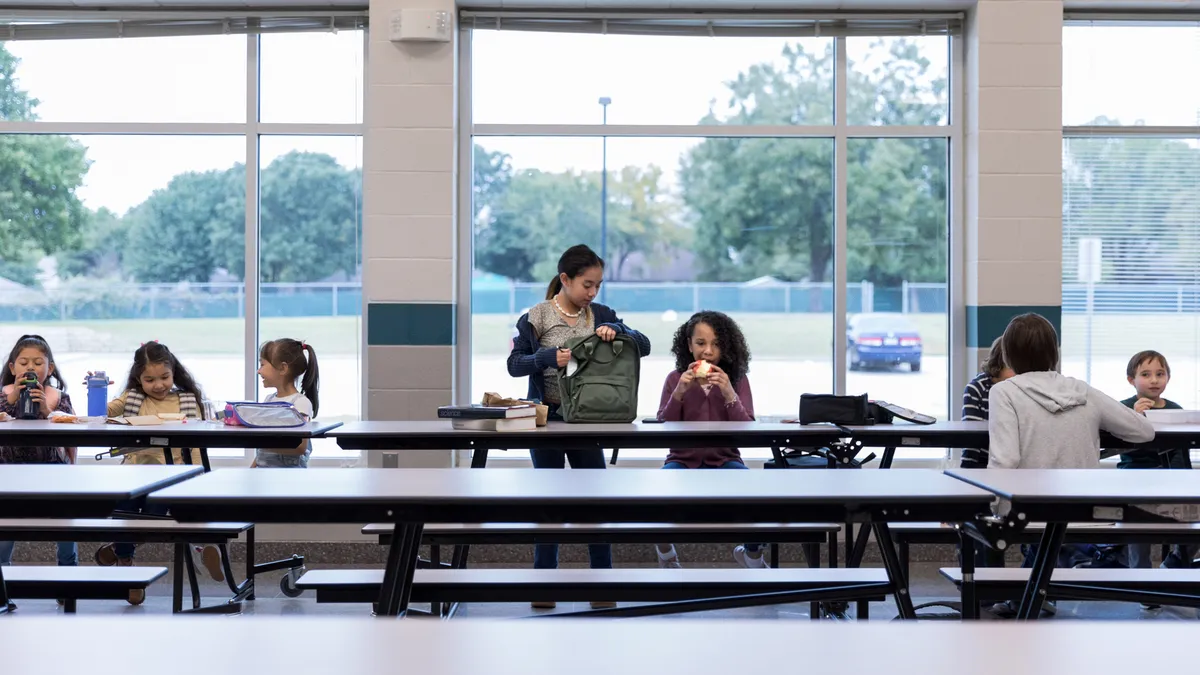Schools have an opportunity to increase their use of "zero waste systems" and, in the process, teach children how to adopt environmentally friendly practices.
That advice comes from speakers at the virtual National Zero Waste Conference earlier this month who discussed strategies to cut down on waste by incorporating reusable products into schools, colleges and other facilities such as stadiums, restaurants and hotels.
Getting involved in these efforts from the start when a school is built or renovated often makes the biggest impact, said Amber Schmidt, New England zero waste organizer for ReThink Disposable program, a program of Clean Water Action and Clean Water Fund that promotes a shift away from "the single-use 'throwaway' lifestyle."
For instance, Schmidt said, transitioning a large food service system to reusables means dishwashers are needed. “I cannot tell you how frustrating it is to hear that brand new schools are being built that do not have dishwashers in those plans,” she said.
ReThink Disposable encourages schools to buy 1.5 times the number of dishes they'll need to serve all their meals. This builds in redundancy to help avoid reverting to disposables.
Already, the organization is seeing results. In one case study, ReThink Disposable found that a 10-school district in Connecticut could prevent the use of more than 3.5 million disposable items and save $100,000 annually by switching to reusables.
Reusable systems should look different from disposable systems at the point where students hand off their items, such as by incorporating liquid pour buckets, utensil bins and other receptacles. Otherwise, Schmidt said, students will continue to treat their reusables as disposable.
“When the system looks the same, it's going to be treated the same,” Schmidt said. "The behavior change that we need to see from students is we need them to see the difference of where these items are going, so that they can make better decisions — one, at school, but also they bring that home with them.”













